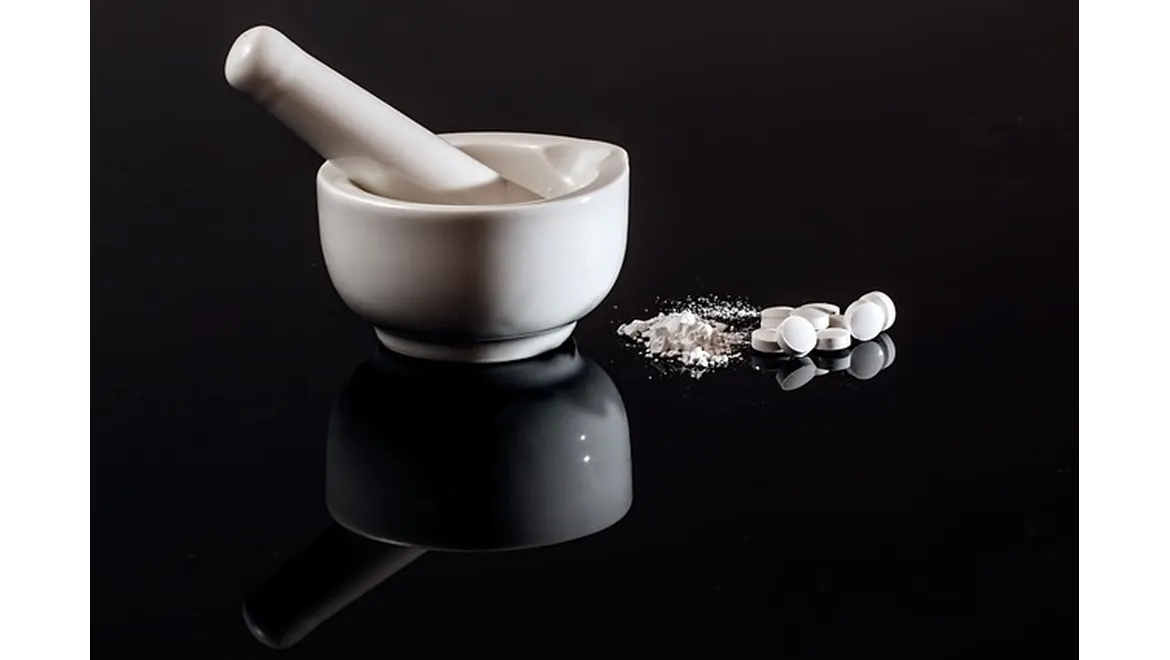For years, I’ve been fascinated by wellness, particularly how our environment impacts our well-being. I’ve always sought ways to incorporate natural remedies into my life, and that led me down the path of growing my own medicinal herbs indoors. It’s been a truly rewarding experience, transforming a corner of my home into a fragrant, healing oasis. It also inspired me to focus on how our indoor spaces can positively influence our physical and mental health, from creating dedicated exercise areas to nurturing an indoor garden.
The Allure of the Indoor Aromatic Apothecary
My interest in medicinal herbs began with aromatherapy. The subtle scent of lavender wafting through the air after a stressful day was incredibly calming. This led me to research the benefits of different herbs and eventually to the idea of cultivating my own little indoor apothecary. The possibilities are endless! Imagine brewing a cup of fresh chamomile tea to soothe your nerves or using mint leaves from your own garden to create a refreshing iced tea on a warm summer day.
Beyond aromatherapy and teas, many of these herbs have recognised medicinal properties. For instance, lavender is known for its calming and sleep-promoting qualities. Chamomile is another excellent relaxant, often used to ease anxiety and promote better sleep. Mint can aid digestion and relieve headaches. Having these potent remedies readily available, fresh from my own garden, has been incredibly empowering.
Getting Started: Beginner-Friendly Herbs and Their Benefits
If you’re a beginner like I was, don’t feel overwhelmed! Start small with herbs that are relatively easy to grow indoors. Here are a few of my favourites, along with their specific health benefits:
- Chamomile: This is a classic for a reason. Plant chamomile seeds in well-draining soil and place the pot in a sunny spot. Water when the soil feels dry to the touch. The flowers can be dried and used to make a calming tea, perfect for unwinding before bed.
- Lavender: Lavender thrives in sunny conditions and well-drained soil. Be careful not to overwater it. The fragrant flowers can be used in aromatherapy, potpourri, or to infuse oils for massage. Lavender’s calming properties are invaluable for stress reduction.
- Mint: Mint is incredibly easy to grow, sometimes too easy! It tends to spread, so it’s best to keep it in a pot. Place it in a spot that gets partial sunlight and water regularly. Mint is a versatile herb, perfect for adding to teas, salads, or even homemade skincare products. It’s known to aid digestion and relieve headaches.
- Lemon Balm: Similar to mint, lemon balm is easy to grow and prefers partial shade. It has a lovely citrusy scent and is often used to relieve anxiety and improve mood. Try adding fresh leaves to your tea or using them to make a refreshing infused water.
Creating a Holistic Wellness Space at Home
My indoor garden is just one piece of the puzzle when it comes to creating a truly restorative home environment. Over the years, I’ve explored various relaxation techniques and how to integrate them into my daily life, often in my orangery space which provides an ideal light and temperature to boost mood.
Yoga has been particularly transformative. I started with simple beginner routines, focusing on gentle stretches and mindful breathing. It’s incredible how much tension we hold in our bodies without even realising it. Creating a dedicated space for yoga, free from distractions, has made a huge difference. Even a small corner of a room can be transformed into a peaceful sanctuary with a yoga mat, some soft lighting, and perhaps a plant or two.
For older adults, modifications to yoga poses might be necessary, but the benefits are still immense. Chair yoga, for example, is a fantastic way to improve flexibility, balance, and circulation without putting too much strain on the joints.
Linking Indoor Gardens and Relaxation
Bringing nature indoors, whether through a thriving herb garden or a few carefully chosen houseplants, has a profound impact on our mental and emotional well-being. Studies have shown that spending time in nature reduces stress, improves mood, and even boosts the immune system. An indoor garden provides a constant connection to nature, even when we can’t get outside.
Think about it: the simple act of tending to your plants – watering them, pruning them, and watching them grow – is a form of mindfulness. It forces you to slow down, focus on the present moment, and appreciate the simple beauty of life. The aromatherapy benefits of the herbs, combined with the calming effect of nature, create a powerful synergy that promotes relaxation and overall well-being.
It’s clear that integrating an indoor garden can play a pivotal role in enhancing our overall health. By incorporating easy-to-grow herbs and dedicating space to relaxation techniques like yoga, we can cultivate a home environment that actively supports our well-being, promoting peace and health.


